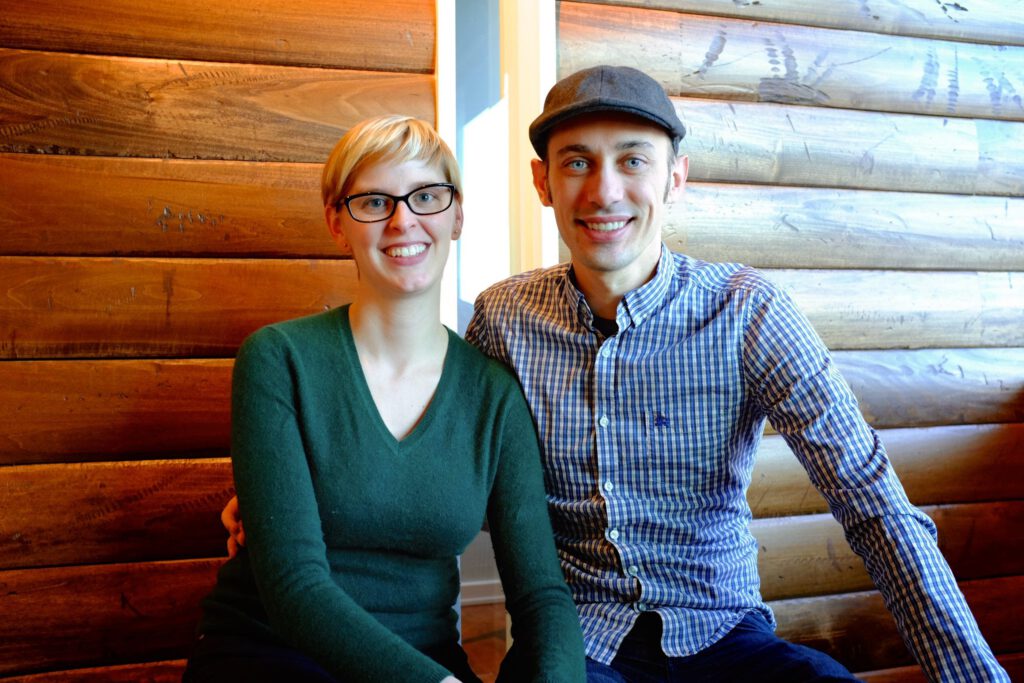Among the changes in family offices over the past year, the latest UBS Global Family Office Report 2024, released yesterday, details how investing patterns have shifted.
Interest in fixed income among family offices continues to be steady, according to the survey, with portfolios showing the highest weightings of developed market fixed income seen in five years.
“For the first time in a long time, investors and family offices are generating positive real yield on cash and positive real yield on fixed income,” explains Voyt Krzychylkiewicz, head of global family and institutional wealth for UBS Canada.
“I think both of those asset classes, as well as areas like private debt, are areas that are of interest and have grown in interest.”
The report, which surveys 320 single family offices across seven global regions and represents families with an average net worth of US$2.6 billion, also pointed to a steady appetite in private equity deals.
But within those deals, interest in real estate has dropped globally from 13 per cent to ten per cent. Krzychylkiewicz says the most significant drop is in North American family offices, which has seen an 11 per cent decline in real estate investment interest, dropping from 21 per cent in last year’s report to ten per cent this year.
“It’s a big shift and I think that that’s, to some extent, a result of the higher interest-rate environment,” he adds.
Generative AI was top of the list for the most popular investment themes among global family offices, as 78 per cent stated it is likely to be an area of investment in the next two to three years, with 83 per cent of U.S. family offices reporting that they are likely to invest in AI in that timeframe. Other popular investment sectors include healthtech at 70 per cent and automation/robotics at 67 per cent.
Sustainability concerns versus ‘greenwashing’
Worldwide, concerns and interest around sustainability have also increased among family offices, with those that are interested in the topic saying they want more sophisticated advice in this area.
The risk and opportunity seen within the context of sustainability goes beyond the family office and its investment, but also to operating businesses.
According to the report, 57 per cent of family offices with an operating business are either taking sustainability considerations into account already for their operating businesses or plan to do so in the future.
In fact, sustainability looks to have replaced the notion of ESG (environmental, social, governance). Family offices are moving to considering what they can allocate direct investing dollars in to quell climate change and promote sustainability rather than investing in something that made sense in early days, but now may be perceived as “greenwashing”, explains Krzychylkiewicz.
“It’s not true of all families, but definitely some of the ones that are more driven by sustainability measures, they have their own internal sustainability metrics that they’re targeting,” he adds.
Geopolitical fears and taxes
Around the world, family offices are concerned about the impact of geopolitical unrest on their portfolios. Over the next 12 months, 58 per cent of family offices said they are worried about the possibility of a major geopolitical conflict and the impact.
The concern increased to 62 per cent when asked to look five years into the future. Almost half reported being concerned about a debt crisis (48 per cent) and climate change (49 per cent).
Other significant worries, especially among U.S. family offices, are taxes.
“These significant deficits that countries have run over the past few decades, there’s definitely some concern that at some point in time there’s some tax risk that comes from that,” says Krzychylkiewicz.
But despite these concerns, 61 per cent of family offices reported they plan to take the same amount of risk in the coming 12 to 18 months.
Other trends the report noted:
- Inflation and interest rates are among top concerns over the next year, but less so longer term.
- Asset allocations lean toward North America, followed by Switzerland and Europe, but looking ahead, interest in Asia-Pacific (excluding Greater China) is strong.
- Family offices say that they are relying more on active management to diversify portfolios
With limited resources, many family offices concentrate on the core task of in-house investment, versus the full gamut of tasks to support families.
Please visit here to see information about our standards of journalistic excellence.



